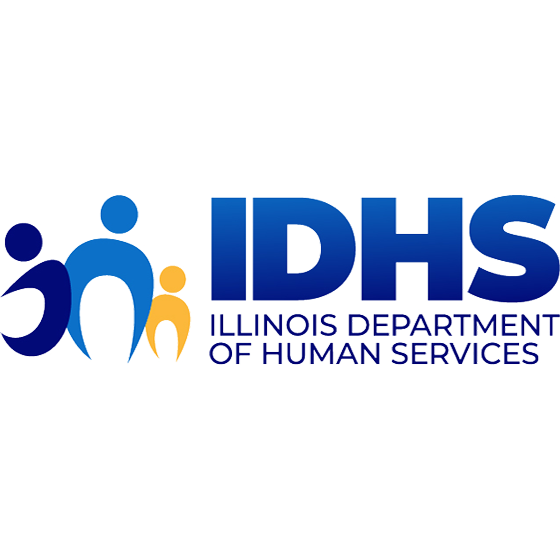Words matter. Dr. Kim sets the record straight on the importance of using gender affirming language and avoiding microaggressions in a letter to the editor at MEDPAGE Today in reference to an article about eating disorders in transgender patients.
July 9, 2021
To Whom it May Concern:
I am writing further in response to an article entitled,
“What’s Driving Eating Disorders in Trans Patients?
— Proper care begins with understanding“ published July 3 in MEDPAGE TODAY
I’m a psychiatrist who specializes in eating disorders and addiction (co-founder and medical director of SunCloud Health). I’m grateful we are supporting education to physicians about eating disorders and particularly the increased risk in our transgender patients.
However, I think it’s critical that we do so in gender affirming ways. In the article you first published in MedPage Today on July 3, the author used the term “gender dysmorphia” which is a trans-hostile word and a phenomenon that does not exist. Body dysmorphia is a clinical entity describing patients who have delusional ideas about a part of their body being deformed or disfigured. Gender dysphoria is a term that describes the distress transgender patients experience related to misalignment between their gender identity and their sex assigned at birth.
The erroneous term “gender dysmorphia” implies that trans patients have delusional ideas about various aspects of their gender. “Gender dysmorphia” does not exist. We owe it to our trans patients to be precise in the written and spoken words we use clinically to describe their experiences. We especially owe it to gender minorities to first do no harm. Using language that implies their gender identity is delusional is harmful and far too common in most medical settings. The status quo will continue to perpetuate stigma, shame and substandard care to a vulnerable and underserved population. We must do better.
Thank you for acknowledging my stated concerns earlier this week and for subsequently publishing a correction.
Thank you.








